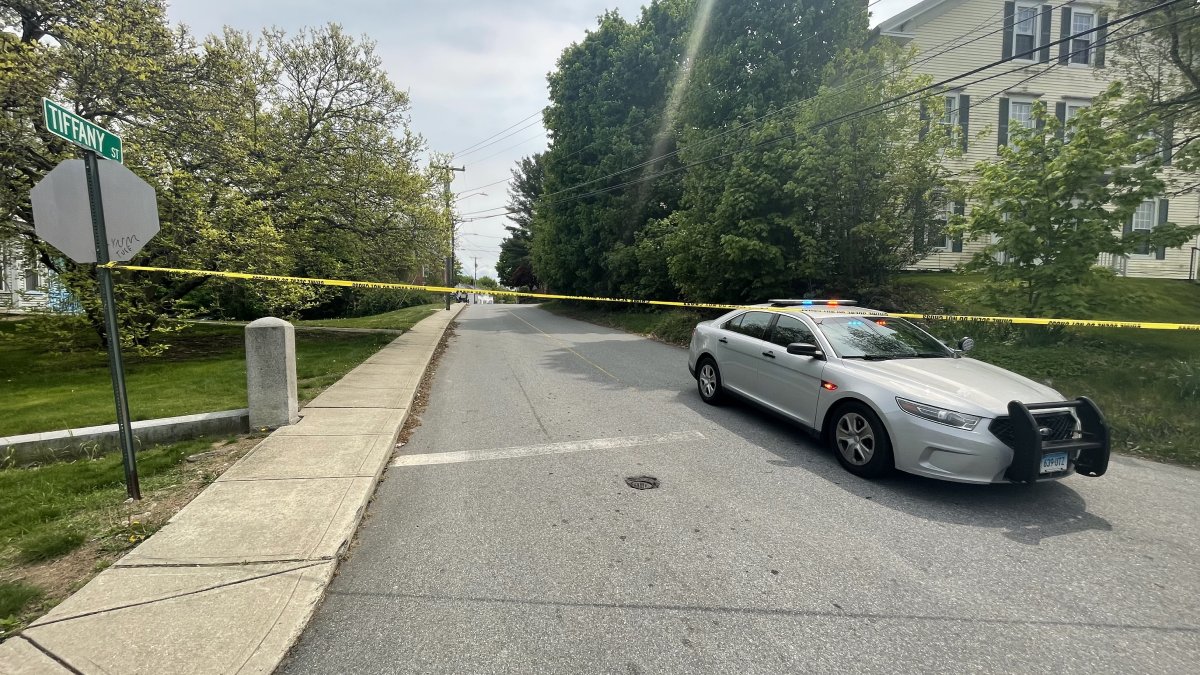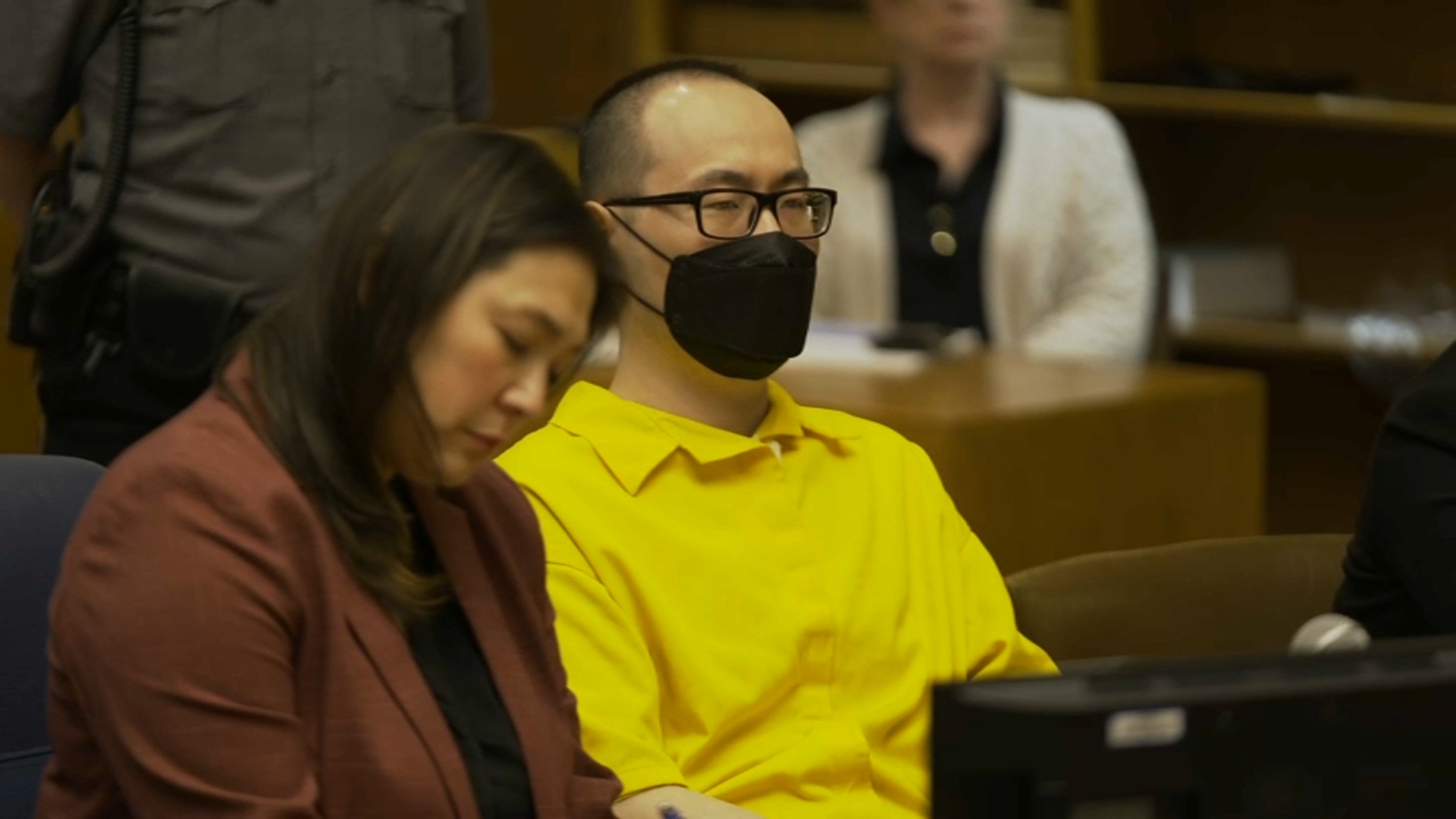Cases of cervical cancer have declined over the years thanks to women taking preventative measures — including vaccinations against the human papilloma virus, or HPV.
Not long ago, cervical cancer was one of the most common cancers affecting women, but because of advances in medicine, routine testing and increased awareness, doctors say cases in the U.S. have significantly dropped.
"Literally every six months, I see improvement in detection of cervical cancer, we're seeing much less cervical cancer," Dr. Elena Ratner, gynecologic oncologist at Yale Cancer Center and Smillow Cancer Hospital, said.
"We have come up with a vaccine that prevents HPV virus in women and men," Ratner continued.
Get Connecticut local news, weather forecasts and entertainment stories to your inbox. Sign up for NBC Connecticut newsletters.
HPV is the most common sexually transmitted infection that affects men and women. If left untreated in women, cancer can form and turn deadly.
Latest data from the American Cancer Society shows cervical cancer rates in women ages 20 to 24 who've been vaccinated, declined by a total of 33% from 2005 to 2012, and by 65% from 2012 through 2019.
Simsbury resident and mom Hillary Staab said when she was younger, not a lot was known about the shot so she opted out — since then, her opinion has changed.
Local
"I'm all for preventative medicine, I have three-year-old daughter and I'll be making sure she gets it as she gets older. I know that a lot of parents don’t want their kids to get it because they’re gonna associate it with 'if I give it to my kid, they're gonna be having sex,'" Staab said.
When it comes to receiving the shot, however, medical professionals like Ratner support their patients no matter what they choose.
"I never convince patients, I feel like it’s a very personalized decision and everyone just needs to work together and make the best decisions we can make for ourselves," Ratner said.
If you are thinking about having your child get the HPV shot, it is best to talk to your doctor first.
For girls and boys ages nine to 11, they will need two doses of the HPV vaccine. After 15 years of age, three doses are required.



